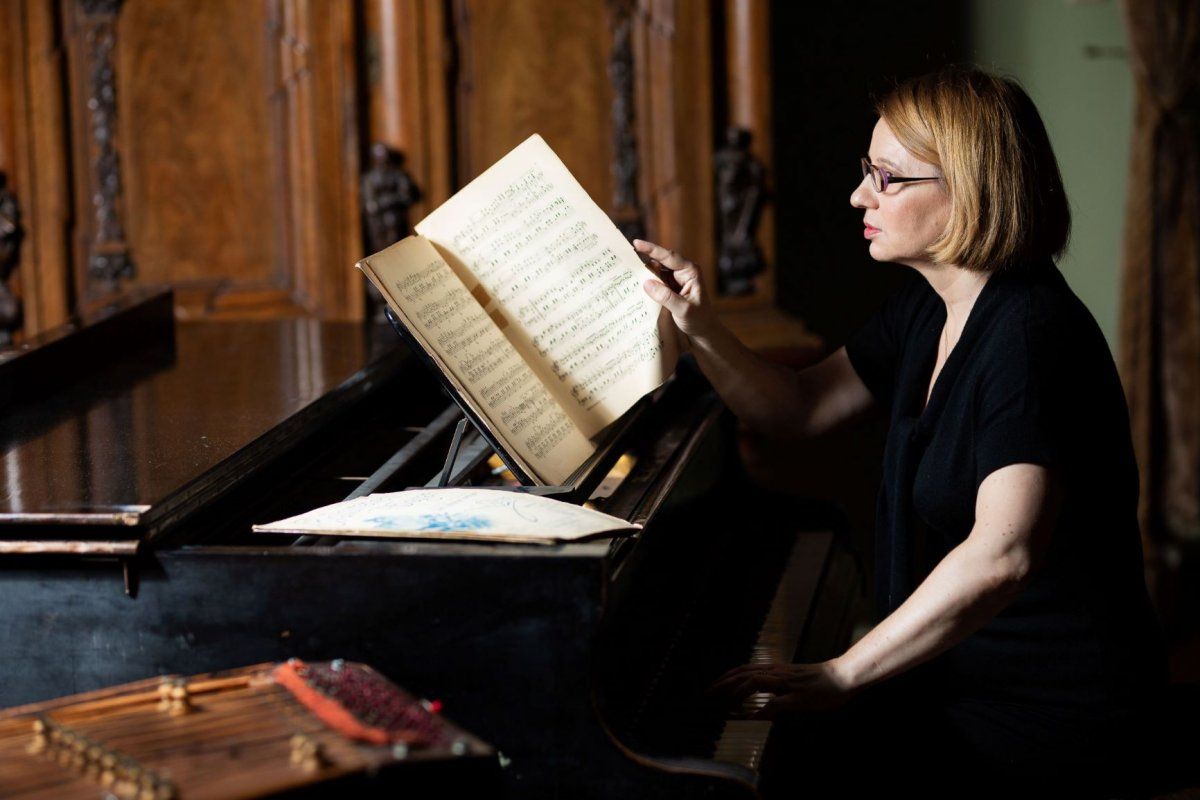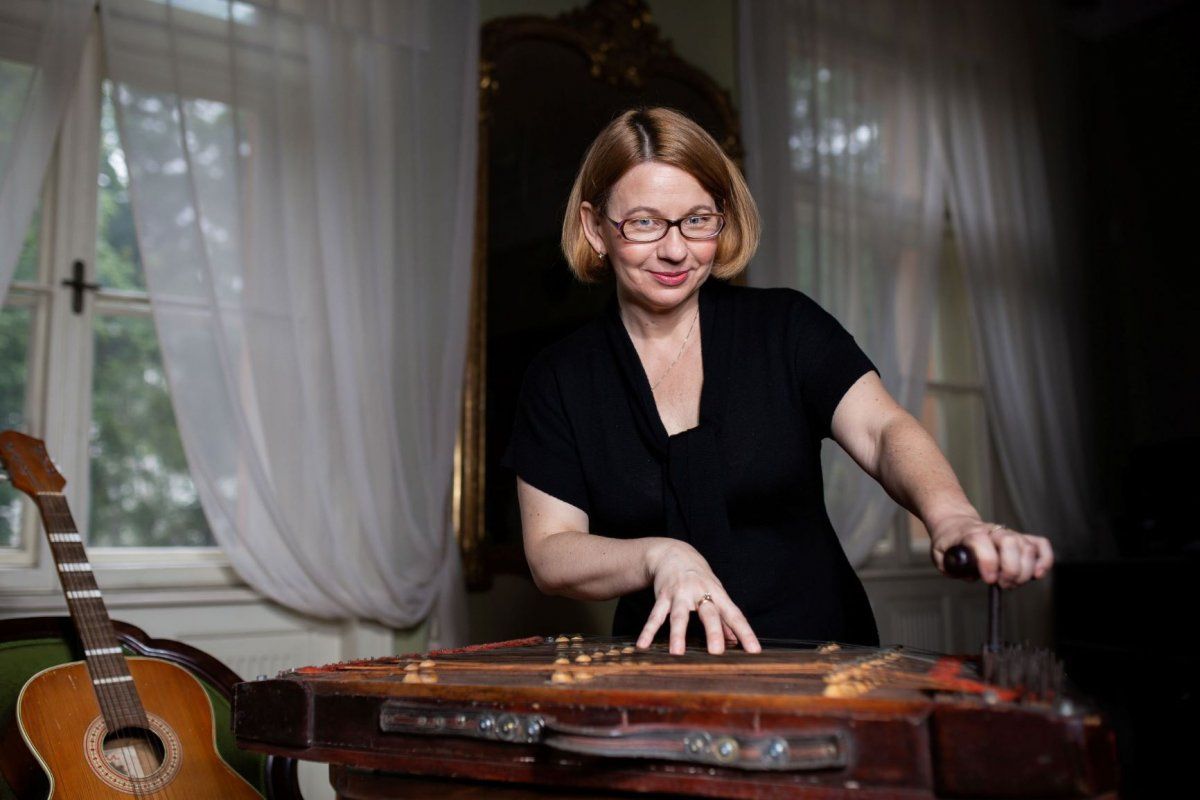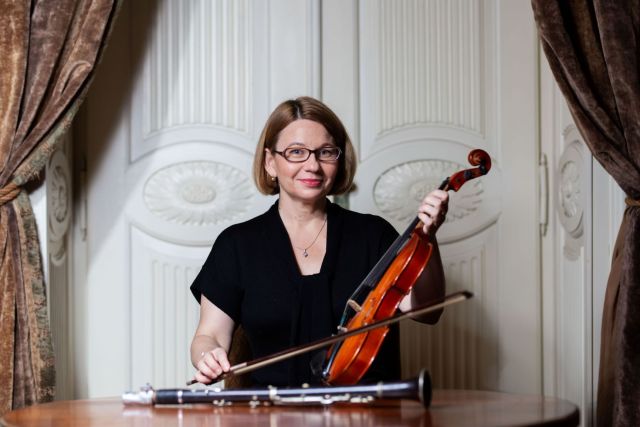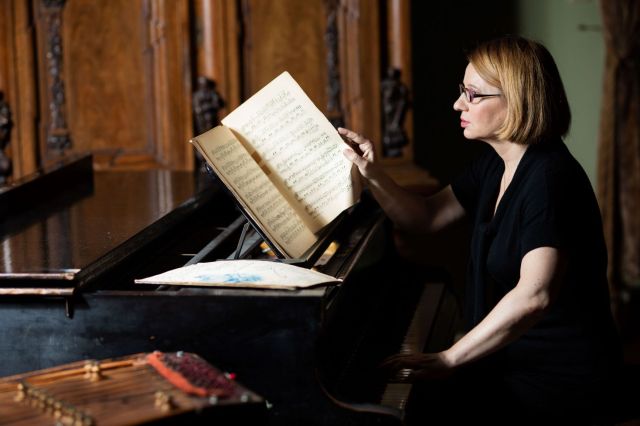Principal Investigator
:
Dr hab. Anna G. Piotrowska
Jagiellonian University
Panel: HS2
Funding scheme
: HERA Public spaces: Culture and Integration in Europe
announced on
 Photo by Michał Łepecki
The international project Beyond stereotypes: cultural exchanges and the Romani contribution to European public spaces (BESTROM) examines the contribution of the Romani to the development of European culture. The basic aim of this project is to highlight the positive relationship between the Romani and non-Romani and to draw attention to the creativity of the Romani who, in an active and passive way, for example, by being a source of inspiration, have contributed to the European heritage for centuries. It was taken as a starting point that contacts between the Romani and non-Romani took place in a public space, the definition of which – over the centuries – has changed considerably. For this project, therefore, the economic relations between the Romani and non-Romani are important (the case of fairs where horses were traded was taken as an example), or the participation of the Romani in shaping public cultural life (based on the example of the Romani’s contribution to the development of circus art in Europe). Another important aspect of research is to bring closer the significant role played by the Romani in the history of European musical life.
Photo by Michał Łepecki
The international project Beyond stereotypes: cultural exchanges and the Romani contribution to European public spaces (BESTROM) examines the contribution of the Romani to the development of European culture. The basic aim of this project is to highlight the positive relationship between the Romani and non-Romani and to draw attention to the creativity of the Romani who, in an active and passive way, for example, by being a source of inspiration, have contributed to the European heritage for centuries. It was taken as a starting point that contacts between the Romani and non-Romani took place in a public space, the definition of which – over the centuries – has changed considerably. For this project, therefore, the economic relations between the Romani and non-Romani are important (the case of fairs where horses were traded was taken as an example), or the participation of the Romani in shaping public cultural life (based on the example of the Romani’s contribution to the development of circus art in Europe). Another important aspect of research is to bring closer the significant role played by the Romani in the history of European musical life.
The Polish team, which is part of the BESTROM research consortium – led by musicologist Dr Hab. Anna G. Piotrowska, professor at the Jagiellonian University – is responsible for extensive research on the musical contribution of the Romani to European culture, with particular emphasis on their role and function in urban space using the example of large European metropolises both in the past and at present.
 Photo by Michał Łepecki
Photo by Michał Łepecki
Although the research focuses on Central and Eastern Europe, other parts of Europe have also been considered, including the flamenco phenomenon in Spain. As part of the project, researchers refer to both typical musicological methods (e.g. formal analysis, instrument science), as well as sociological methods (e.g. conducting numerous interviews with Romani musicians), and ethnographic methods. The project aims to try to overcome the stereotypes about the Romani by drawing attention to the genesis of certain wordings and judgments and their historical and cultural entanglements. The Polish team is particularly concerned with showing the extraordinary value of the Romani contribution to the development of European musical life, both professional and amateur. The effects of the project include a documentary film The Romani and cymbals, a record album with works inspired by Romani culture, an online exhibition (available at https://bestrom.org/), as well as scientific papers, including numerous articles in English and Polish, and a volume of collective works and an author’s monograph. The book ”From Gypsy to Bohemian: A Study of the Musical Rhapsody” by Prof. Anny Piotrowska, published in 2021 by the Brepols Publishing House as part of the Speculum Musicae series was awarded a prestigious Alan Walker Book Award presented every three years by the American Liszt Society.

Project title: Beyond stereotypes:cultural exchanges and the Romani contribution to European public spaces
Dr hab. Anna G. Piotrowska
A graduate of the Jagiellonian University and Durham University, the author of many books and studies on European and American musical culture (including Gypsy Music in European Culture, Boston 2013). She has participated in the work of international research groups (e.g. within the Balzan project). She has received scholarships from many prestigious foundations (including the Volkswagen Stiftung), and her work has been honoured by the Austrian Academy of Sciences (2009) and the Polish Historical Society (2011).



